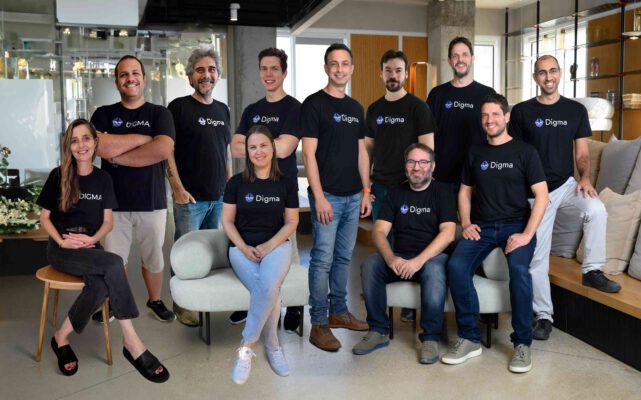Digma has launched the world’s first Continuous Feedback platform to enable developers to continuously analyze their code at runtime to identify issues and regressions, preventing bad code from making it to production, including GenAI-generated code.
The new platform looks for regressions, anomalies, code smells, and other patterns to flag to developers to improve their code. Running locally on developer’s machines, Digma integrates code insights into Integrated Development Environments (IDE) and dev tools so that they can be applied in real time.
An emerging category in software development, Continuous Feedback completes CI/CD platforms as well as testing and validation tools, in the face of growing GenAI usage, legacy libraries, and increasingly distributed systems. The Digma platform is built on the latest observability technologies such as OpenTelmetry and relies on Machine Learning processes to analyze the code runtime data and automatically suggest improvements.
The company was founded in 2022 by Nir Shafrir, CEO, and Roni Dover, Chief Technology Officer, and recently secured a total seed round of $6m. The funding has been led by at.inc/ and Sorenson Ventures. Other investors include Abstraction Capital, Inner Loop Capital, and Hetz Ventures, as well as angel investors including Guy Podjarny, co-founder of Snyk, Tom Preston-Werner, co-founder of GitHub, and Chris Bach co-founder of Netlify.
Having been at the heart of software engineering organizations for two decades, Digma’s co-founders have first-hand experience in dealing with the business impact of accelerating releases in complex applications without providing developers with feedback about their code performance.
“Over the years we’ve been continually frustrated by a conspicuous gap emerging in the development process,” said Nir Shafrir, Digma CEO. “Businesses are losing customers due to bad code put into production, or code that doesn’t perform as it should in the real world. At the developer level, Digma solves a common problem, which is that developers get feedback too late. They are expected to deliver fast, but they can’t see how their code behaves in the real world, so they can’t make informed design decisions and assess the impact of their changes. Digma acts as a guardrail by providing continuous real-time analysis of the code, presented to the developer as they code and in the IDE before the code gets pushed to production.”
According to Digma Chief Technology Officer Roni Dover, organizations are shifting the focus of observability from DevOps and IT to developers through Continuous Feedback, which is key for rapidly changing complex and legacy code. While Continuous Feedback is highly beneficial for any complex Java application, it is especially critical for organizations that are already using or preparing to use Generative AI.
“Organizations that do not adopt AI-generated code will fall behind in the productivity race, and developers who are reticent to use the technology will soon fall behind as well,” said Dover. “The great challenge that stands before organizations now – given the limitations of the technology – is how to use it safely and responsibly. For that, automated and even AI-driven guardrails need to be in place. Continuous Feedback reduces the risk surrounding checking-in code changes to complex systems or when using GenAI code.”
Vidya Raman, Partner at Sorenson Ventures, highlights Digma as a truly unique innovation set to disrupt enterprise development and transform the way developers code: “We have been impressed by the feedback we are seeing in developer communities in terms of Digma’s ability to introduce continuous feedback into the development lifecycle in order to scale code quality and productivity, she said. “By emphasizing evidence-based methods and unlocking a new way of developing software, Digma is empowering developers to own their code all the way to production by delivering key observability insights.”
Credit: Digma



















